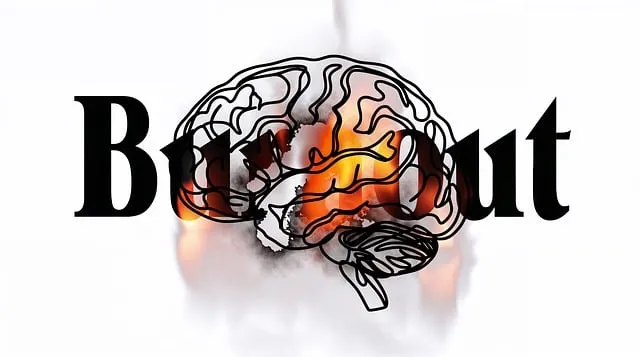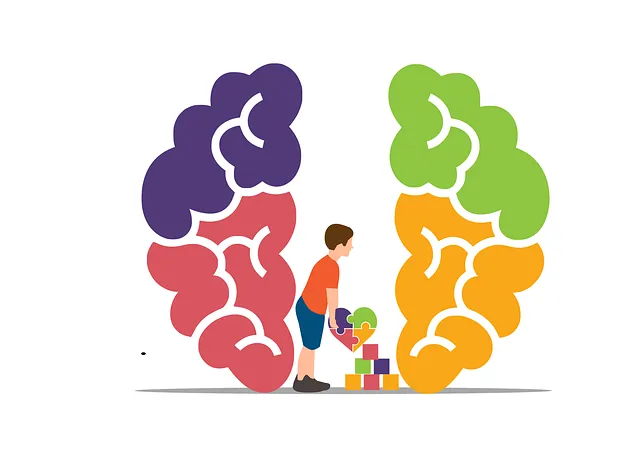Wheat Ridge Kaiser Permanente faces challenges in diagnosing mental illnesses due to complex patient presentations, comorbidities, and barriers to care-seeking. They are implementing structured risk assessment tools, Crisis Intervention Guidance, and evidence-based mood management strategies to improve diagnostic accuracy. Additional efforts include enhanced training for professionals, Mental Health Education Programs, Trauma Support Services, and Depression Prevention strategies to address gaps in care and support patients' mental health journeys.
At Wheat Ridge Kaiser Permanente, efforts to improve mental illness diagnosis accuracy are more critical than ever. This article delves into the current state of mental health assessment within the organization, highlighting common misdiagnoses and underdiagnoses, as well as contributing factors. We explore existing tools and methods while offering innovative strategies, such as structured clinical interviews, standardized assessment tools, and the integration of technology like AI and telepsychiatry. Additionally, we provide a roadmap for implementing and evaluating change, emphasizing staff education, collaboration, and patient outcomes to ensure continuous improvement in mental health diagnosis accuracy at Wheat Ridge Kaiser Permanente.
- Assessing the Current State: Challenges and Gaps in Mental Illness Diagnosis at Wheat Ridge Kaiser Permanente
- – Discussing common misdiagnoses or underdiagnoses
- – Exploring factors contributing to diagnostic accuracy issues
Assessing the Current State: Challenges and Gaps in Mental Illness Diagnosis at Wheat Ridge Kaiser Permanente

At Wheat Ridge Kaiser Permanente, assessing the current state of mental illness diagnosis presents a series of challenges and gaps that demand attention. The healthcare provider often struggles with accurately identifying conditions like depression, anxiety disorders, and bipolar disorder, especially in patients presenting with complex symptoms or comorbidities. This is further complicated by the fact that many individuals face barriers to seeking help, leading to delayed diagnoses and more severe conditions over time.
The environment at Wheat Ridge Kaiser Permanente, while bustling with dedicated mental health professionals, lacks structured tools for comprehensive risk assessment. The current approach relies heavily on patient self-reporting, which can be unreliable due to stigma or a lack of understanding. This is where Crisis Intervention Guidance and Risk Assessment for Mental Health Professionals play a crucial role in enhancing diagnostic accuracy. By integrating evidence-based mood management strategies and improving risk assessment techniques, Wheat Ridge Kaiser Permanente aims to address these gaps, ultimately providing more effective care for patients navigating their mental health journeys.
– Discussing common misdiagnoses or underdiagnoses

Mental illness misdiagnoses and underdiagnoses are all too common, especially in areas like Wheat Ridge where access to mental health services varies widely. The complexity of human emotion and behavior can lead to misconceptions, with conditions like anxiety often masked by depression or even chronic stress. Similarly, bipolar disorder might be overlooked, confused with generalized anxiety or mood swings associated with other illnesses. This is not uncommon in communities without readily available mental health resources, where individuals may not receive the comprehensive evaluations needed for accurate diagnoses.
Wheat Ridge Kaiser Permanente and other healthcare providers are actively working to improve diagnosis accuracy through initiatives like enhanced training for medical professionals, Mental Health Education Programs Design that focus on recognizing subtle symptoms, and Trauma Support Services aimed at addressing conditions rooted in traumatic experiences. Additionally, efforts to promote Depression Prevention strategies play a crucial role in early identification, ensuring individuals receive the appropriate care promptly.
– Exploring factors contributing to diagnostic accuracy issues

Diagnosing mental illness accurately is a complex task, often hindered by various factors that can impact a professional’s assessment. Wheat Ridge Kaiser Permanente mental health specialists face challenges such as individual symptom expression variability, where conditions may manifest differently across individuals, making standardized diagnosis difficult. Cultural and societal influences also play a role; symptoms and behaviors considered typical in one cultural context might be atypical in another, requiring nuanced understanding.
Furthermore, the vast array of mental health disorders and their overlapping symptoms can complicate the diagnostic process. Building resilience among mental health professionals through comprehensive training is crucial to address these issues. Implementing effective risk assessment tools and continually updating clinical guidelines can enhance diagnostic accuracy, ensuring patients receive appropriate care tailored to their unique needs, ultimately promoting mental wellness in diverse populations.
Accurately diagnosing mental illness is paramount for effective treatment and patient outcomes at Wheat Ridge Kaiser Permanente. By addressing the current challenges and gaps, such as common misdiagnoses, underdiagnosis trends, and contributing factors, the healthcare system can enhance its diagnostic accuracy. Ongoing training, evidence-based practices, and patient-centered approaches are crucial steps towards improving mental health diagnosis at Wheat Ridge Kaiser Permanente, ultimately benefiting those seeking support for their mental well-being.






